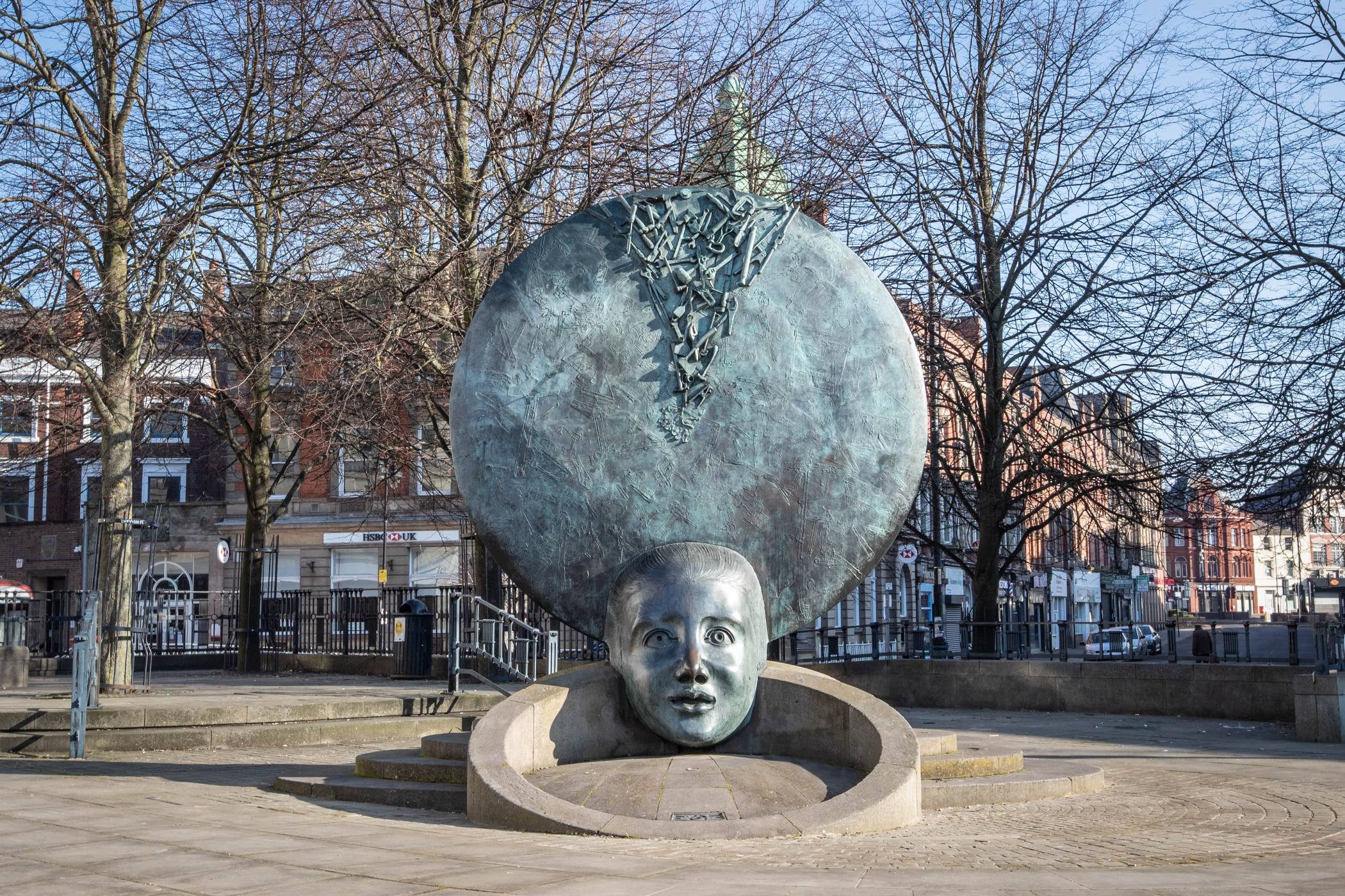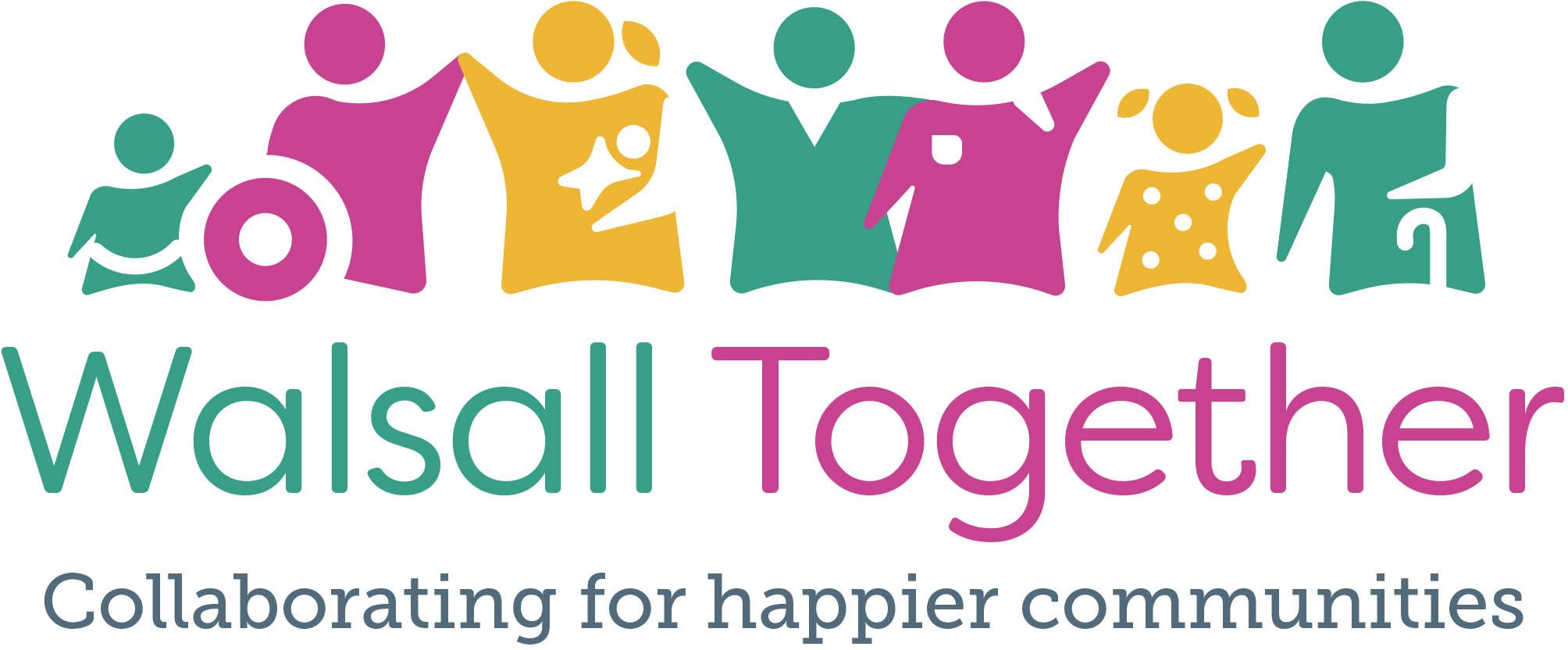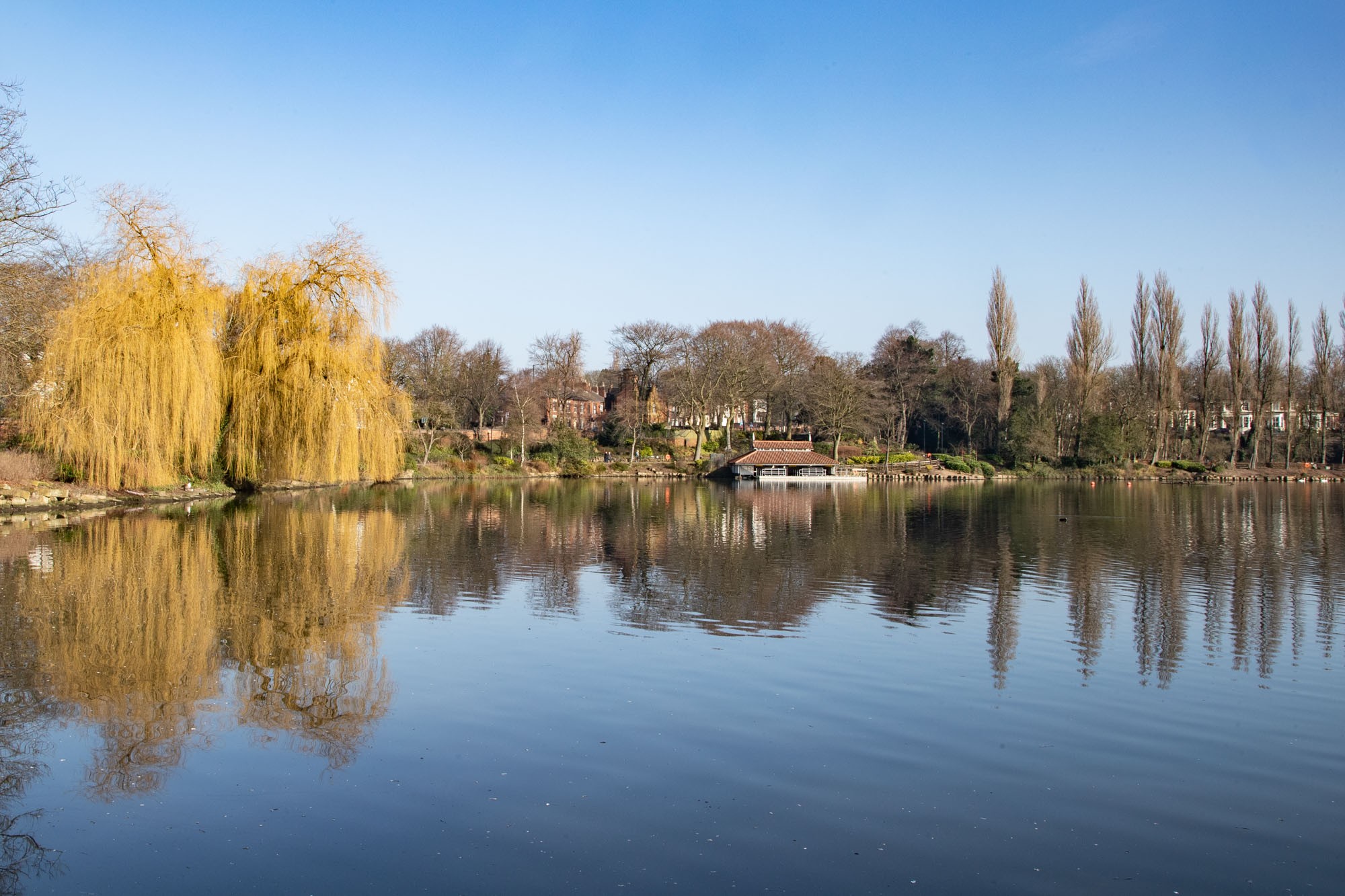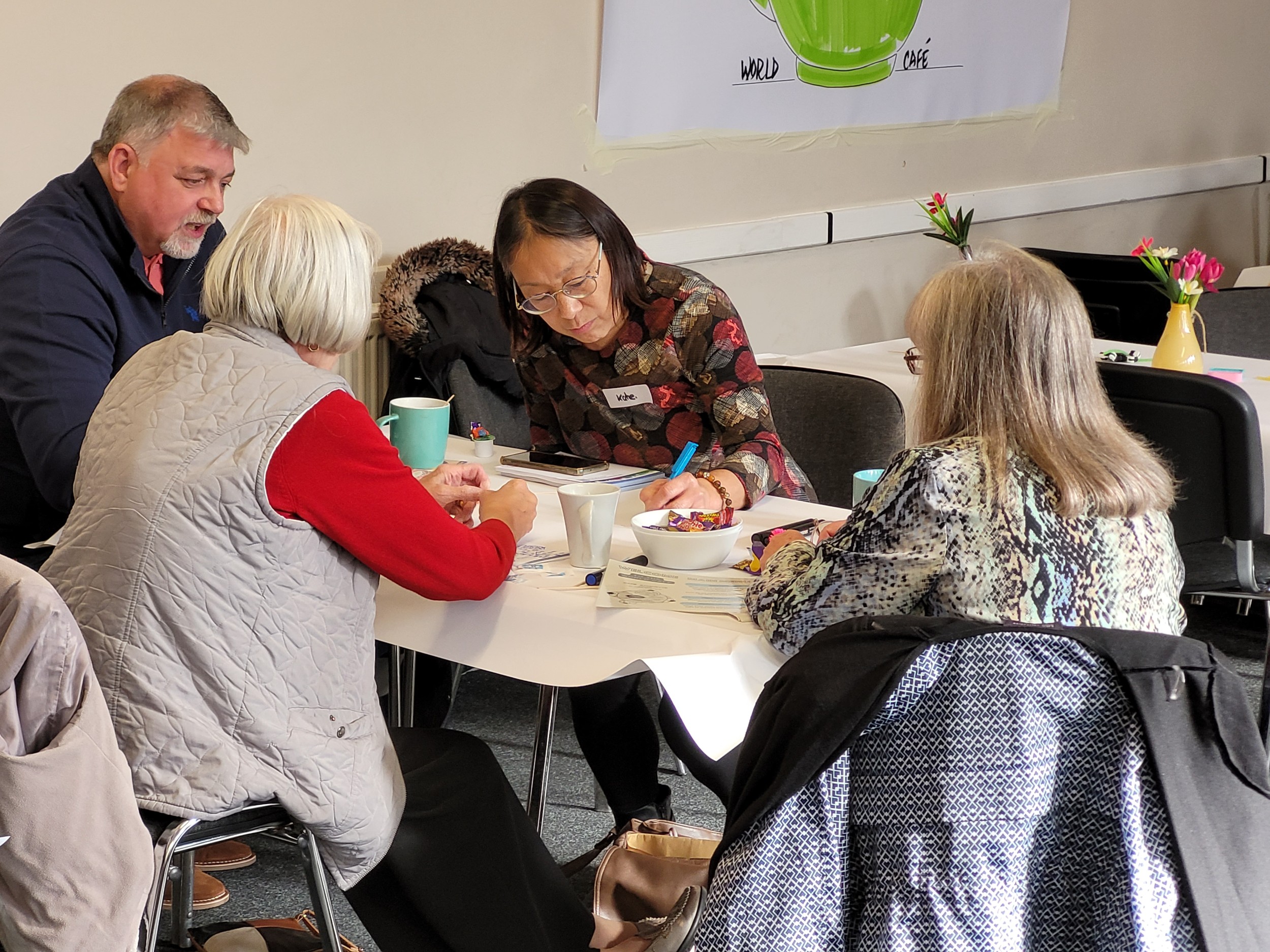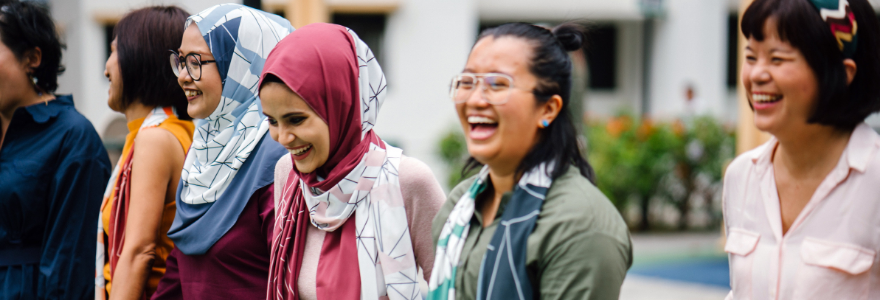Walsall was founded as a small market town in the early 13th century, but boomed during the industrial revolution into a manufacturing town particularly renowned for saddle-making and leatherworks. The current Metropolitan Borough of Walsall was formed in 1974, when it was transferred from Staffordshire to become part of the new West Midlands county.
The town at the heart of the borough lies nine miles north-west of Birmingham, seven miles east of Wolverhampton and nine miles from Lichfield. As well as Walsall and its suburbs, the borough incorporates the areas of Aldridge, Bloxwich, Darlaston, Brownhills and Willenhall, as well as parts of Bilston and Wednesbury.
Local landmarks include Barr Beacon – reportedly the highest point looking due east until the Ural Mountains in Russia, Walsall Arboretum – a tranquil public park dating back to Victorian times, the striking New Art Gallery built in the year 2000, and public artworks including the statue of nursing pioneer Sister Dora and the quirky “Walsall Hippo”.
The population of Walsall is 310,408 with 24.0% aged 0-17, 58.6% aged 18-64 and 17.4% aged 65+. This is above the national average (20.8%) for the percentage of people aged 0-17 years old and below the national average (18.6%) for people aged 65 years old and over.
32.6% of the population are from ethnic minority groups. These groups include people from Bangladesh, India, Italy, Pakistan, Poland, Ireland.
The latest figure for life expectancy at birth is 76.6 years for men and 81.2 for women, lower than the England figures of 78.7 years for males and 82.8 years for females. Current ‘healthy life expectancy’ – the number of years lived in good health – is 59.0 for men and 58.4 for women, below the England average of 63.1 and 63.9 years respectively. One in five Walsall residents has a limiting health condition, half of whom say they their condition limits them a lot.
Walsall’s economy has an annual output of £4.77 billion and provides around 120,000 jobs, however only two thirds of working age residents are in employment and earnings are below the national average, with full time workers earning on average £12 an hour in 2017 (latest available figures).
The 2019 Index of Multiple Deprivation ranks Walsall as the 25th most deprived English local authority, placing it within the most deprived 10% of districts in the country. Within the borough there are extremes of deprivation: 44 of Walsall’s 167 neighbourhoods are in
the most deprived 10% in England, but six are in the least deprived 10%. There is a broad east/west divide in the borough, with the most deprived neighbourhoods located in the centre and east. According to HMRC data, one in three Walsall children lives in a low income household, higher than the national average of one in five.
More information about Walsall’s population can be found here.
We Are Walsall 2040 is a collective vision, bringing residents, businesses, and organisations together to create a borough where everyone has equal opportunities to thrive.
The ambitions of We Are Walsall 2040 are shaped by 10,000 voices, including residents, businesses, and organisations, who shared their views about how they want Walsall to look and be like in 2040 and beyond.
Together we're addressing what matters most to the people who live, work, and invest here - health and wellbeing, opportunities for everyone, and creating a greener, safer borough we can all be proud of.
Walsall Place Partnership
Walsall’s Placed Partnership is called Walsall Together.
Who are they?
Walsall Together is a partnership of health, social, housing, voluntary and community association organisations that are working together to improve physical and mental health outcomes, promote wellbeing and reduce inequalities across the borough.
They aim to work more closely together to reduce the widening gaps in health inequalities by focusing on not just health but the wider determinants such as housing, education and employment and the vital role that people and communities play in health and wellbeing.
Local voluntary organisations, charities, community groups and the people of Walsall are at the centre of this planning and decision making.
In doing this, they hope to understand the local population better, so they can better support people and the communities they live in, to manage their own health and wellbeing needs, prevent ill health and live happier lives.
Partners of Walsall Together include:
- Housing (whg)
- Voluntary, community and social enterprises (including One Walsall and Community Associations)
- Healthwatch Walsall
- Primary Care Networks (General Practice)
- Walsall Healthcare NHS Trust
- Walsall Council
- Black Country Healthcare NHS Foundation Trust
- NHS Black County Integrated Care Board
What are they trying to achieve?
They aim to:
- promote equality and reduce inequalities by focusing on the wider determinants to health
- provide high quality and accessible care for all who need it
- improve the health and wellbeing outcomes for the population of Walsall
- develop a skilled, motivated, and happy workforce
- make the best use of partnership resources
A Place of Welcome offers your neighbourhood a place where everyone can go for a friendly conversation and free refreshments, if and when they need it, all year round.
